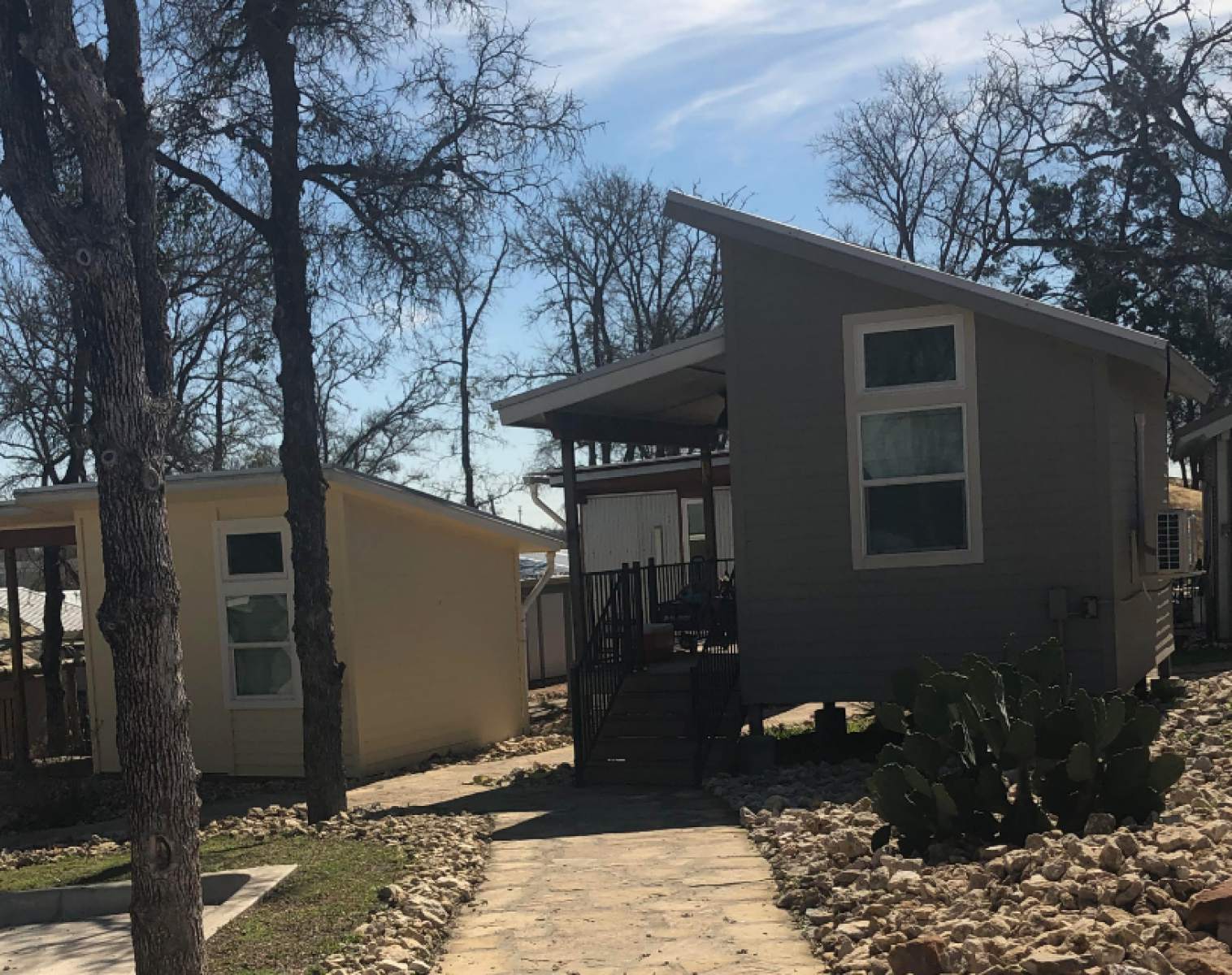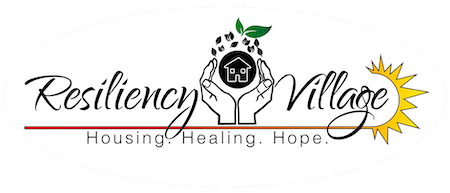 Support is growing for a grassroots effort to build a village of small houses in Tuolumne County where people who are homeless could live and get treatment for underlying trauma.
Support is growing for a grassroots effort to build a village of small houses in Tuolumne County where people who are homeless could live and get treatment for underlying trauma.
The people behind the project, which they’re calling Resiliency Village, have raised $3,430 from 73 individual donors through Facebook in less than three weeks and say they’ve spoken with dozens of others who have offered their help to take the project from an idea to a reality.
“People are ready for something like this,” said Shelley Muniz, of Willow Springs, who is part of the group that’s spearheading the project. “There’s still that other side that has a little bit of fear and misunderstanding when it comes to homeless people, but a lot more are really recognizing the need for this type of solution.”
Mark Dyken, director of the Jamestown Family Resource Center, and Brenda Chapman, former superintendent for Jamestown School District, are also part of the group.
The idea was unveiled at an event in January hosted by the Motherlode Martin Luther King Jr. Committee that focused on poverty in the area.
Tuolumne County had at least 404 people who were homeless in January, according to preliminary results a biennial “point-in-time count” conducted by the Central Sierra Continuum of Care.
Officials at the continuum of care say they are hoping to complete a report in the coming weeks.
The preliminary number for the county is roughly 0.8 percent of the county’s total population of about 54,000, which ranks below Washington, D.C., and New York City but higher than Los Angeles County, San Diego County and Seattle in terms of the number of people who are homeless per capita.
“Comparing Tuolumne County with places like LA shows it’s not just an issue in bigger cities,” Muniz said.
There have been countless hours of discussion about homelessness by elected officials in the county and City of Sonora over the past several years with little to show for it in terms of solutions.
Muniz noted how private citizens and nonprofits are responsible for much of what has been done to improve the lives of people who are homeless, including a mobile shower bus launched by the Jamestown-based organization Give Someone a Chance and volunteers who run the David Lambert Community Drop-In Center in Sonora.
The lack of official action is part of the reason Muniz believes support for their village idea has been growing within the community.
“I think it finally felt like it was time to make those things happen,” she said. “The time felt right, people are ready, and we’re ready as a group to move this thing forward.”
The concept is to build a village of houses that would each be between about 100 to 140 square feet, with a trauma center at the heart of it aimed at treating the root causes of a person’s homelessness and help them find a place in society.
People who aren’t homeless would also be able to seek services at the center, which would range from mental health to job training.
The group doesn’t have any cost estimates for the project yet because they are still working with county and city officials to determine a site that would be suitable.
Dyken said the group has their sights on one property in particular, but he didn’t want to reveal the location.
“We want to know if the zoning would permit and if not, what it would take to make that possible,” he said. “Then meet with all of the neighbors and anyone close to it who could be impacted and let them know what the timeline would be to make sure it’s not a problem with their property.”
The group is hoping to raise $10,000 to help with the initial costs for getting the project off the ground and establishing Resiliency Village as a nonprofit organization.
“This is an absolute, ground zero, nonprofit-startup project,” he said.
The idea was inspired in part by what other places have done to reduce homelessness, as well as the personal experiences for those involved.
One example cited by Dyken was Bergen County, New Jersey, which has a population of nearly 1 million and earlier this year became the first jurisdiction in the country to end chronic homelessness through an approach that emphasizes housing first and treatment services.
Another inspiration for Dyken personally is his late brother, Leon, who struggled with homelessness throughout his adult life and died at 51 in January 2018 of liver failure from alcohol abuse.
“It certainly motivated me to want to provide services for homeless people and informs me to see them like anyone else,” he said of how his experience with his brother affected him. “Anybody in those camps is someone’s child, sibling, or possibly someone’s parent.”
Dyken, of Vallecito, has also worked closely with families who are homeless and in poverty over the past 15 years through the Jamestown Family Resource Center and served as the homeless liaison for the Tuolumne County Superintendent of Schools Office for the past three years.
Chapman said she and Dyken worked together while she was principal of Jamestown Elementary School from 2010 to 2014 and district superintendent from 2014 to 2017 to train the entire staff in practices informed by trauma, which was the root cause of many behaviors of the students they observed due to the rate of homelessness and poverty among families in the district.
One of the ways Chapman has contributed to the Resiliency Village effort is by visiting similar places with tiny homes for the homeless in Texas and Oregon over the past few months.
The two communities in Oregon that Chapman visited were called Dignity Village in Portland and Opportunity Village in Eugene. She said that while she had admiration for the people living at both and how they looked out for each other, she left them feeling like there was more the cities could be providing to help them improve their lives.
“These were their people, but I feel like they just gave them the land and said you’re on your own rather than treating them like they were part of the community,” she said. “As much as I admired the people who I saw, I came away thinking that we could do better than this.”
Chapman said she was most impressed by the one she visited in Austin, Texas, called Community First! Village, though she acknowledged that the same couldn’t be done in Tuolumne County.
Community First! Village is a 51-acre master planned community with about half of it containing tiny houses and the other fully-contained trailers. It was developed by four wealthy, retired developers for about $17 million, almost entirely with private funding.
“We have to build what’s appropriate for Tuolumne County, but we can do it where it’s beautifully  done and provides a sense of dignity,” she said. “Tuolumne County has people who really care about their community, and we can do — on a small scale — what I saw in Texas.”
done and provides a sense of dignity,” she said. “Tuolumne County has people who really care about their community, and we can do — on a small scale — what I saw in Texas.”
Contact Alex MacLean at amaclean@uniondemocrat.com or (209) 588-4530.
